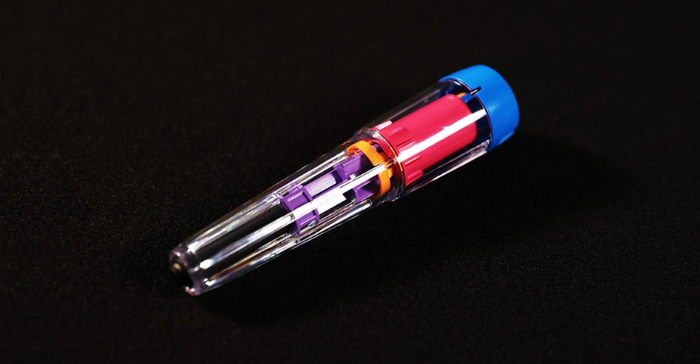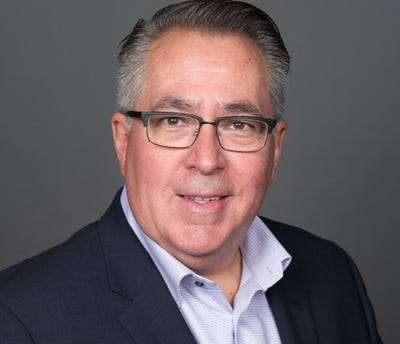Sustainably Pushing the Drug Delivery Device Industry Forward with Covestro
Covestro aims to become climate neutral by 2035. Core to achieving this ambitious goal is creating a range of biocompatible, medical-grade polycarbonate products.

Medical waste is a constant concern in the healthcare industry. With plastic accounting for an estimated 25% of waste generated by hospitals, the future of socially and environmentally conscious medical products starts with scaling the adoption of recyclable materials and integrating them into the design and manufacturing process. Covestro, a polymer company based in Germany, aims to become climate neutral by 2035. And core to achieving this ambitious goal is creating a range of biocompatible, medical-grade polycarbonate products that increase the sustainability of the medical device industry. From surgical solutions to drug delivery devices, Covestro relies on superior products that are high functioning while also reducing medical waste.
I had the opportunity to sit down with Isaac Platte, Application Development Engineer at Covestro, to discuss the future of sustainability in the medical device industry and his latest conference session delving into the topic held in June at IME South in Charlotte, NC, titled “Designing Drug Delivery Devices to Meet Emerging Needs and Sustainability Goals.”
Steve: What current obstacles prevent the mechanical recycling of drug delivery devices?
Isaac: Healthcare device suppliers have historically thought in linear terms (landfill or incineration) and are now thinking about recycling. Many drug delivery devices are manufactured from a variety of plastic materials that, if recycled together, would create an incompatible material. As a result, complex disassembly and sorting would be required to recycle many current devices. At Covestro, we are addressing that topic by providing customers with polycarbonate-based materials that could be utilized throughout the entire device and form a compatible blend when recycled. We demonstrate this approach through our latest all-PC drug delivery concept device (shown below).

Steve: How can we pivot to overcome them?
Isaac: A material that can withstand the demands of repeated recycling is the best place to start. Simplifying the job of sorting is next. By designing an all-PC device, recycling can be simplified. With our drug delivery concept device, we have been able to simulate recycling and demonstrate how our materials can provide consistent properties over many cycles. The concept suggests a potential for a quality recycling stream for use in other applications.
Steve: What can you tell us about the future of plastic sustainability in medical device design?
Isaac: It will not be just about designing products focused on improving health and welfare but also solving the problem of plastic waste. We are addressing sustainability in plastics with our latest drug delivery concept but will continue to bring solutions to our customers in the future as Covestro has established goals aiming toward climate neutrality. In addition to design concepts, Covestro has introduced our low carbon footprint MakrolonRE polycarbonate for healthcare. These materials provide the consistent, high-quality performance of our medical-grade Makrolon polycarbonate and the potential for a drop-in solution where our Makrolon polycarbonate is already specified.
Steve: You were a prominent speaker at Plastec South. What insights did attendees learn?
Isaac: Attendees learned about Covestro’s drug delivery concept device and how our materials can be used throughout the device for a more sustainable design. Attendees also had the chance to learn more specifically about the results of our recycling simulation. I hope the presentation will spark future discussion and ideas around the possibilities of recycling medical devices.
Steve: What excited you most about connecting at a trade show in person?
Isaac: Having the ability to interact face-to-face has been missed over the past two years. Creating more interpersonal relationships with existing and future customers is definitely enhanced when meeting in person.
IME South educational content and exhibitor meetings are still available for registered guests on the event’s online platform – log into Swapcard for convenient access.
About the Author(s)
You May Also Like



.png?width=300&auto=webp&quality=80&disable=upscale)
